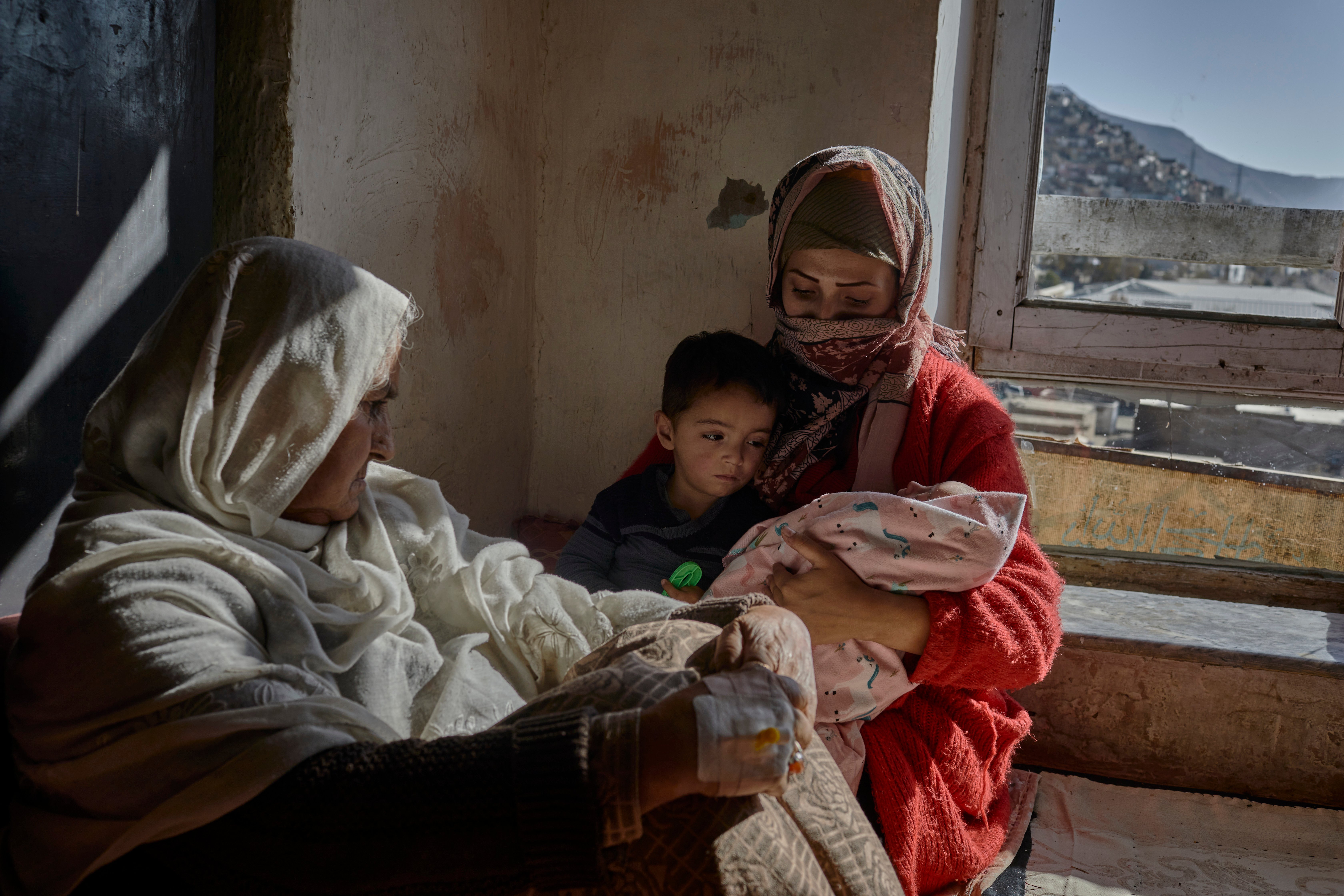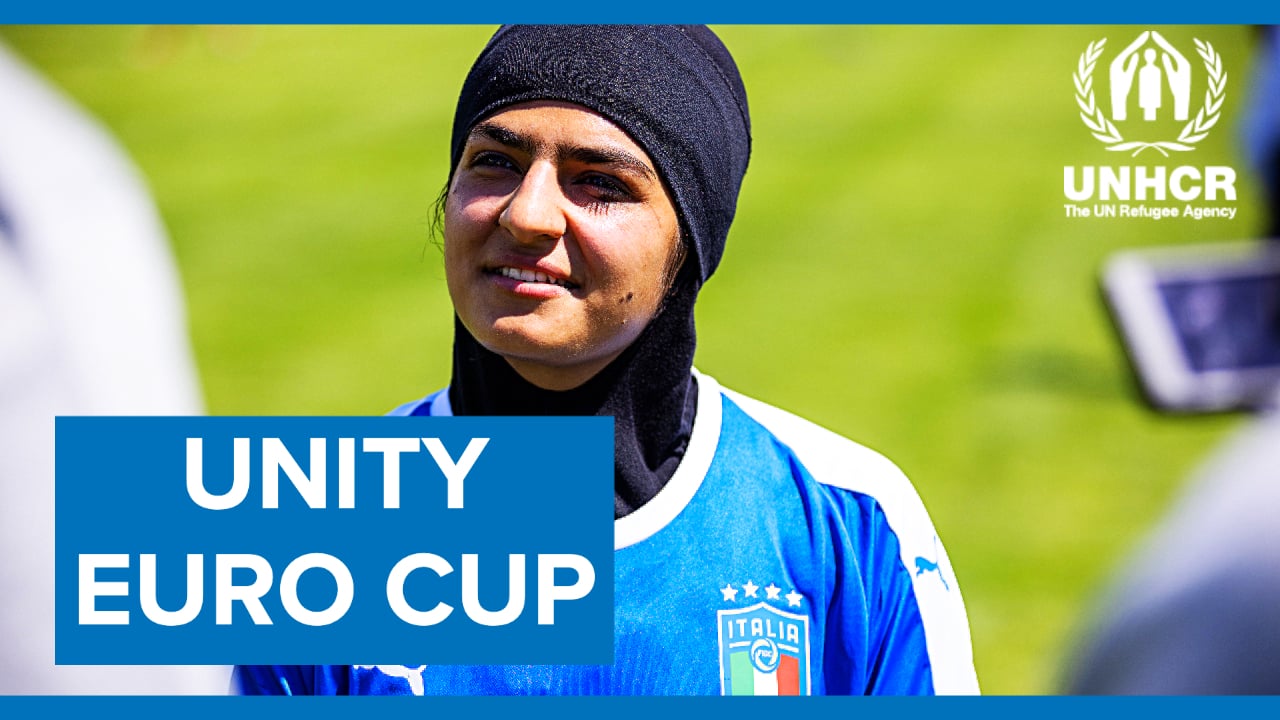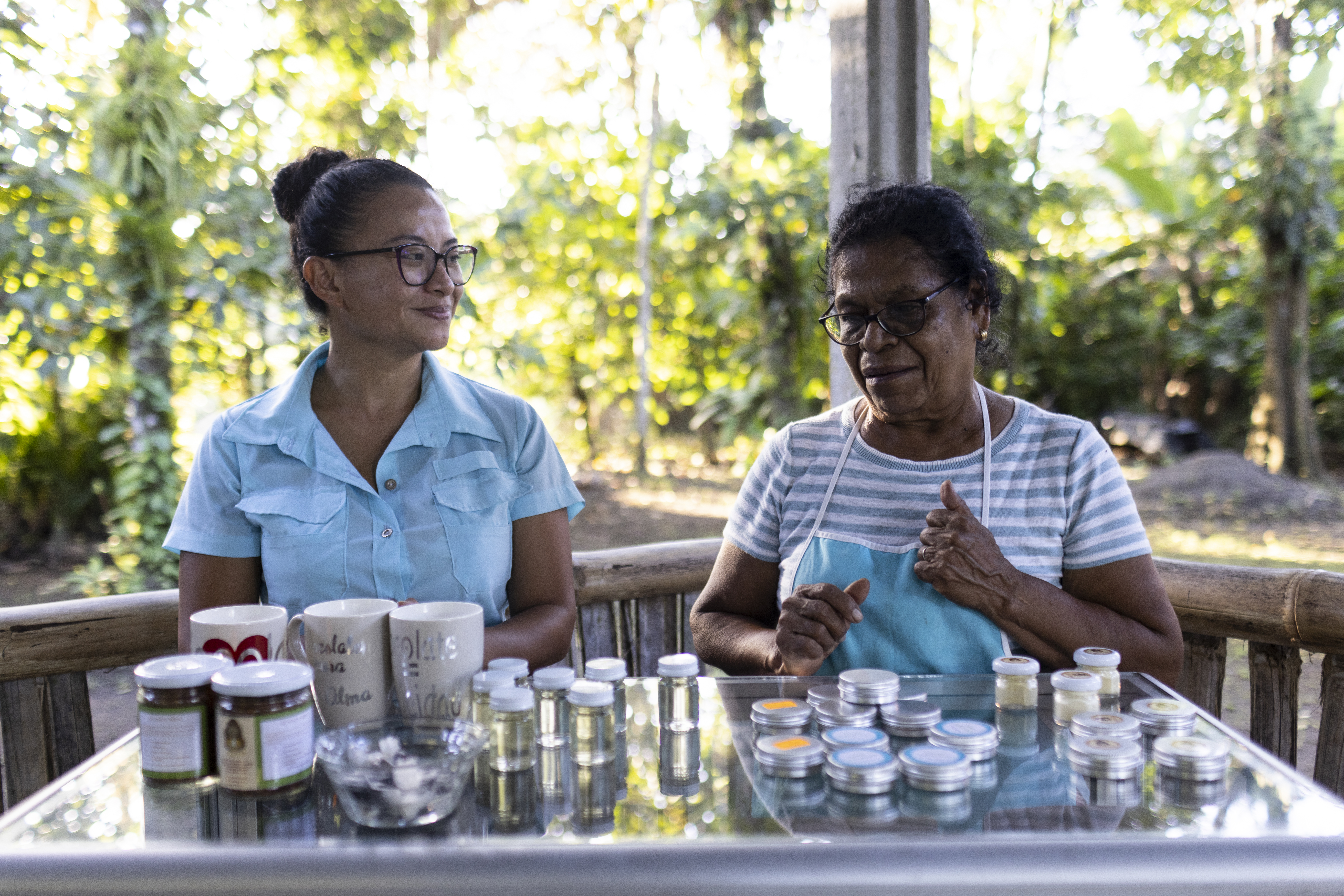International Women's Day: WISE up to women's leadership in Ghana
International Women's Day: WISE up to women's leadership in Ghana
BUDUBURAM REFUGEE SETTLEMENT, Ghana, March 14 (UNHCR) - Sitting regally and speaking in a strong calm voice, Alice Abraham, mother of eight and Chairperson of the Liberian Refugee Welfare Council in Buduburam settlement, could easily be mistaken for a queen mother, a traditional female leader in Ghana.
"I've been in Buduburam for many years," she said of the refugee settlement outside the Ghanaian capital, Accra. "But I have to say that the most significant impact on my life and the lives of most refugee women here is the arrival of WISE."
According to Abraham, the Women's Initiative for Self-Empowerment, or WISE, brought out an assertiveness in her she did not know existed. This Liberian refugee has risen to the task of leading her community in an efficient and admirable manner with the support and encouragement of UNHCR and partners like WISE.
Last week, WISE and UNHCR held a series of events in Buduburam settlement to celebrate International Women's Day on March 8. Refugee women took a break from their daily routine and were treated to professional medical care and services by volunteer dentists, gynaecologists, chiropractors, ophthalmologists, podiatrists, lawyers and social counsellors.
The New Liberian Women's Training Centre, a refugee initiative, also held an open forum to discuss women's issues like sexual and gender-based violence and economic empowerment. At the same time, refugee men were targeted in an outreach programme sensitising them on gender violence and peace education.
Some Ghanaian queen mothers, partners of WISE in their gender advocacy campaign, threw their weight behind the women's training centre. "This is a fine example of a group of women who have taken charge of their own destiny," said Manye Nartekie, spokesperson for the queen mothers from Manya Krobo-Odumase in eastern Ghana.
"Although sexual and gender-based violence, unfortunately, continues to plague society, I'm proud to say that its prevalence in the Buduburam community has been reduced significantly," said UNHCR Representative in Ghana, Thomas Albrecht. "This is the direct result of ensuring 60 percent representation of women in leadership roles, the presence of the special police unit, the Women and Juvenile Unit and a significant female component of the refugee neighbourhood watch team."
The UN refugee agency is committed to encouraging refugee women to participate actively in management and leadership roles. For women returning to Liberia in particular, UNHCR in Ghana runs empowerment programmes to ensure that they are equipped with the leadership skills to be useful citizens and role models for young girls upon their return to Liberia.
As UNHCR's implementing partner on gender-related issues in Buduburam, WISE offers a wide range of services, including assisting unaccompanied minors and refugee survivors of gender violence, and empowering refugee women by equipping them with all-inclusive leadership skills. The organisation's training programmes have empowered many refugee women who previously shied away from leadership to boldly and effectively assume leading roles on the domestic front, in business and in the community.

As Liberian refugee Sarah Winstoe noted, "By making it possible for us to be involved in all these activities, UNHCR and WISE have restored our dignity."
Buduburam refugee settlement is home to some 42,000 Liberian refugees, more than 30,000 of them women and children. Since October 2004, UNHCR has assisted more than 2,000 Liberian refugees to return home from the settlement.
By Needa Jehu-Hoyah in Buduburam, Ghana









